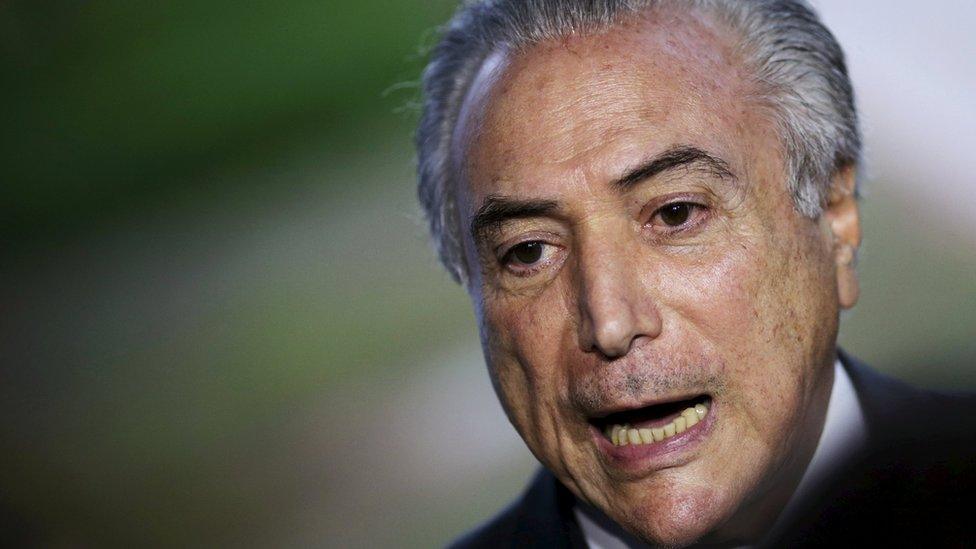Brazil crisis: The challenges for interim President Michel Temer
- Published
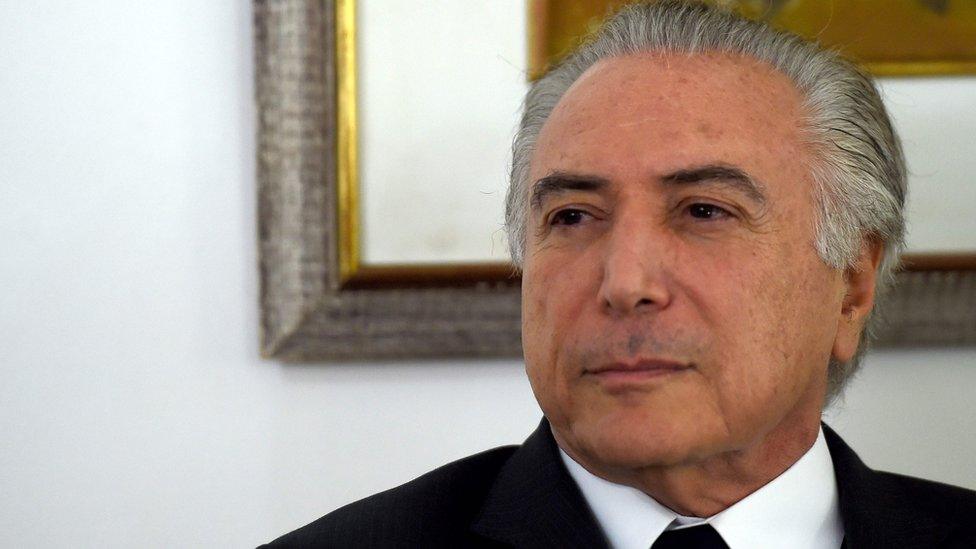
Michel Temer, a 75-year-old law professor, has taken over as Brazil's interim president, following the approval of an impeachment motion against current President Dilma Rousseff.
He will run Brazil amidst some of its most turbulent and eventful times.
The country is facing its worst recession and political crisis in 25 years and in August will host the Olympic Games for the first time in its history.
Ms Rousseff could still come back to office later this year, when she will be tried. But if she loses that battle, Mr Temer will become Brazil's seventh president since the end of the military dictatorship in the 1980s, with a mandate to rule until 2018.
Whether his tenure is short or long, it will be full of challenges.

Economy
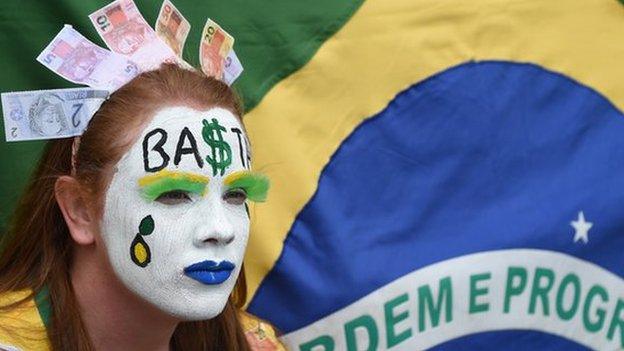
Brazil's economy is a mess. It grew 7.5% only six years ago, but last year it contracted 3.8%. A similar number is expected this year.
Inflation ran above 10% last year and more than 10 million people are unemployed, with many jobs closing in the past 12 months.
Mr Temer's answer to the crisis is not different from Ms Rousseff's in principle. He believes Brazil must bring down its level of public debt, which could amount to 80% of the country's GDP three years from now, according to the credit ratings agency Moody's.
A lower debt ratio would mean consumers and investors regaining confidence in Brazil's ability to pay off its debts without having to print more money (which would push inflation even higher).
The key to achieving that is by cutting spending, as there is no political support for raising taxes. Ms Rousseff committed to achieving a budget surplus in 2015 and 2016, but failed to deliver on that promise - which got Brazil downgraded to junk by credit ratings agencies.
Henrique Meirelles, the man Mr Temer has chosen to become finance minister, says Brazil must set realistic budget targets and effectively meet them to regain consumer and investor confidence.
To be successful, they will need to work with the country's Congress, which seems very volatile in its opinions at the moment.

Social policies
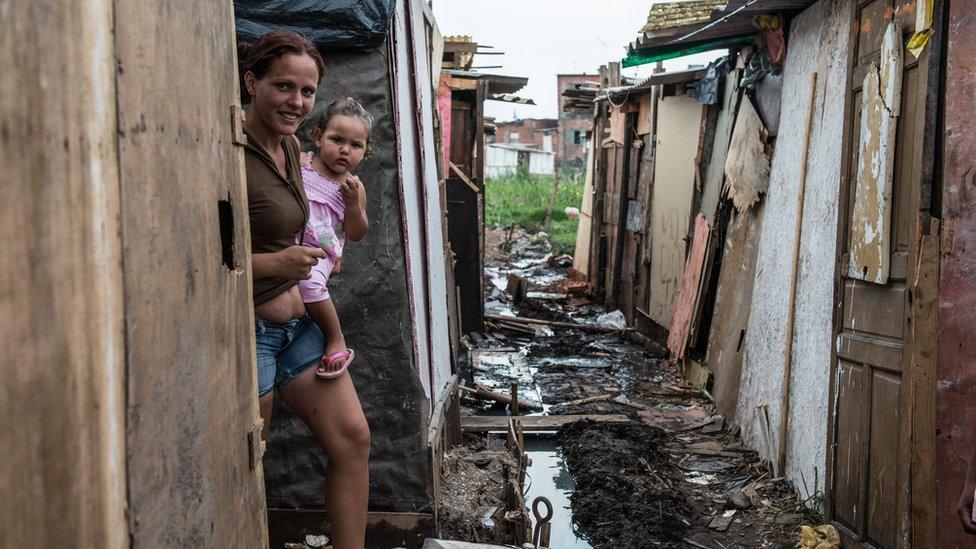
The Workers' Party implemented a host of social programmes that have benefited the poor - schemes that promote better housing, minimum income, technical education and access to universities.
In times of budget cuts, Mr Temer says the scope and effectiveness of all these social programmes will have to be reviewed.
Even for a popular president, those would be tough decisions to take. In the case of Mr Temer, who was not directly elected to office, this task is likely to be even harder.
Ricardo Paes de Barros is chief economist at the Instituto Ayrton Senna charity and professor at Insper Business School, and has close links with the people who will run Mr Temer's social policies. He says programmes must be carefully reviewed, but spending should not go down.
"In general the government budget should be countercyclical, so you should have higher social spending when you are in a crisis. When the economy is booming you should have lower social expenditures," he told the BBC.

Legitimacy
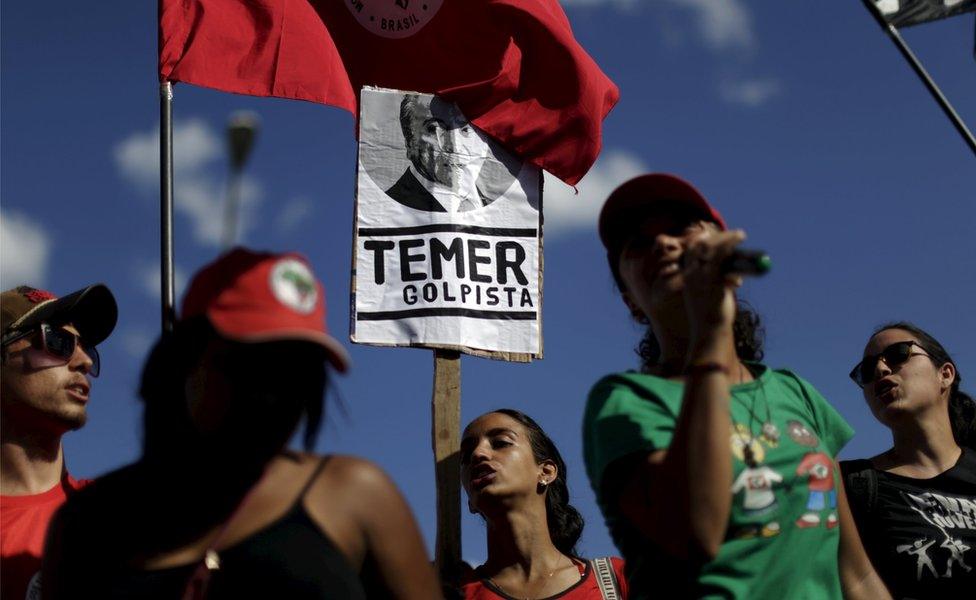
Mr Temer is not being formally investigated in the massive probe into corruption at state oil giant Petrobras, but his name has been mentioned in some of the testimonies of people who are under investigation.
But his presidency is facing two formal challenges.
Brazil's electoral court will rule next year whether the Rousseff-Temer ticket received illegal donations.
And the country's Supreme Court is looking into whether Mr Temer himself should be impeached for breaking the same fiscal rules that brought down Ms Rousseff.
And then there is the fact that many Brazilians simply do not want him as president. One poll suggests that only 8% are happy with the current solution to the political crisis.
He will face strong opposition from the Workers' Party and unions, who say Ms Rousseff's impeachment is nothing but a coup and have branded Mr Temer a "golpista", or putschist.

Corruption
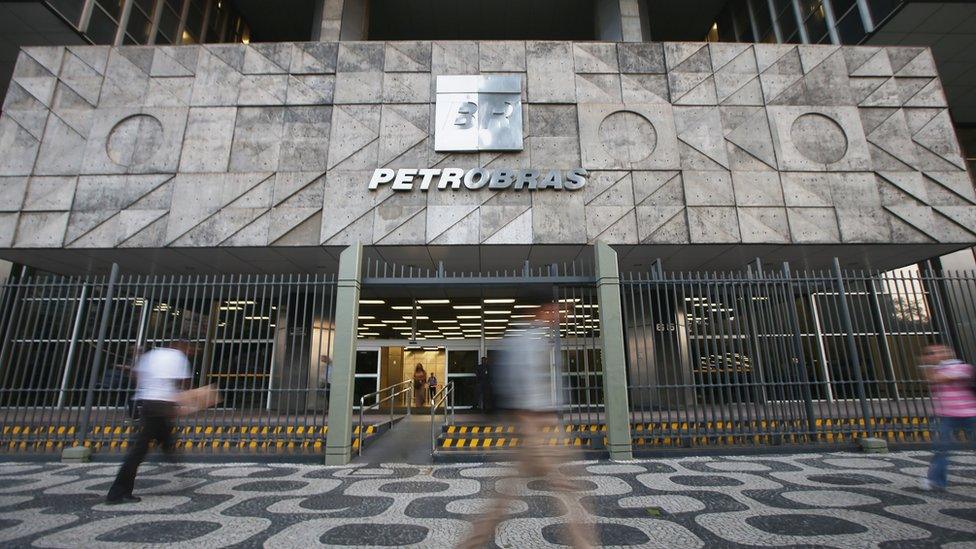
Mr Temer's party, the PMDB, has been seriously implicated in the Petrobras scandal.
Many of the party's top officials - including the Speaker of the Senate, Renan Calheiros - are being formally investigated for corruption.
The federal police, who come under the Justice Ministry, have played a key role in the investigations that seriously aggravated the political crisis.
Many in Brazil have raised concerns that Mr Temer could undermine the efforts to bring corrupt politicians to justice, in order to stave off the political crisis.
Mr Temer will also not be able to afford to make enemies in Congress, because the future of virtually all his policies depend on getting approval from MPs and senators.
- Published12 May 2016
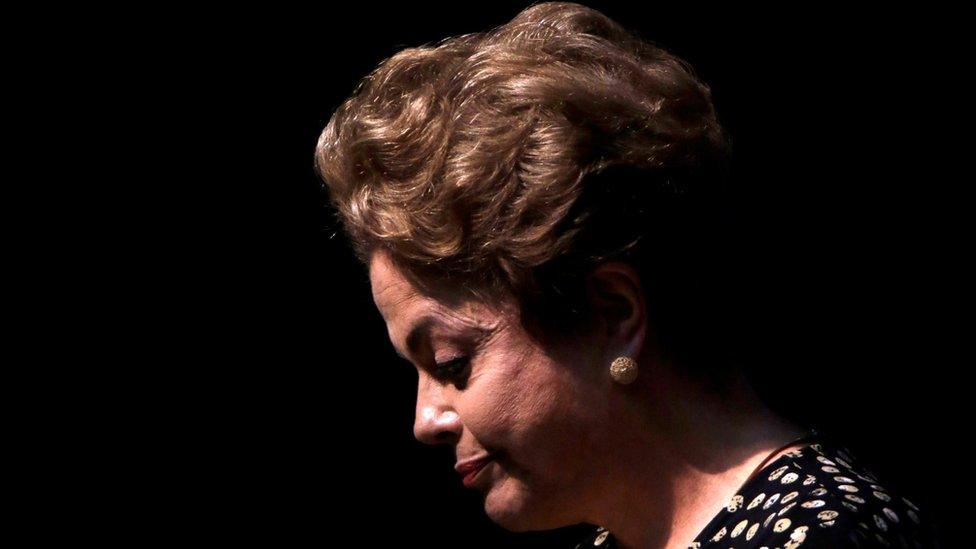
- Published12 May 2016
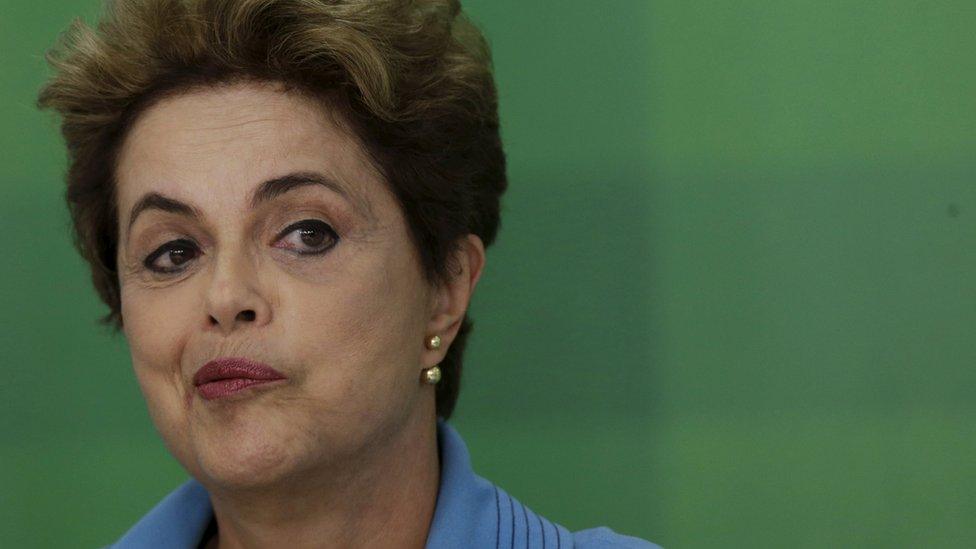
- Published8 April 2018
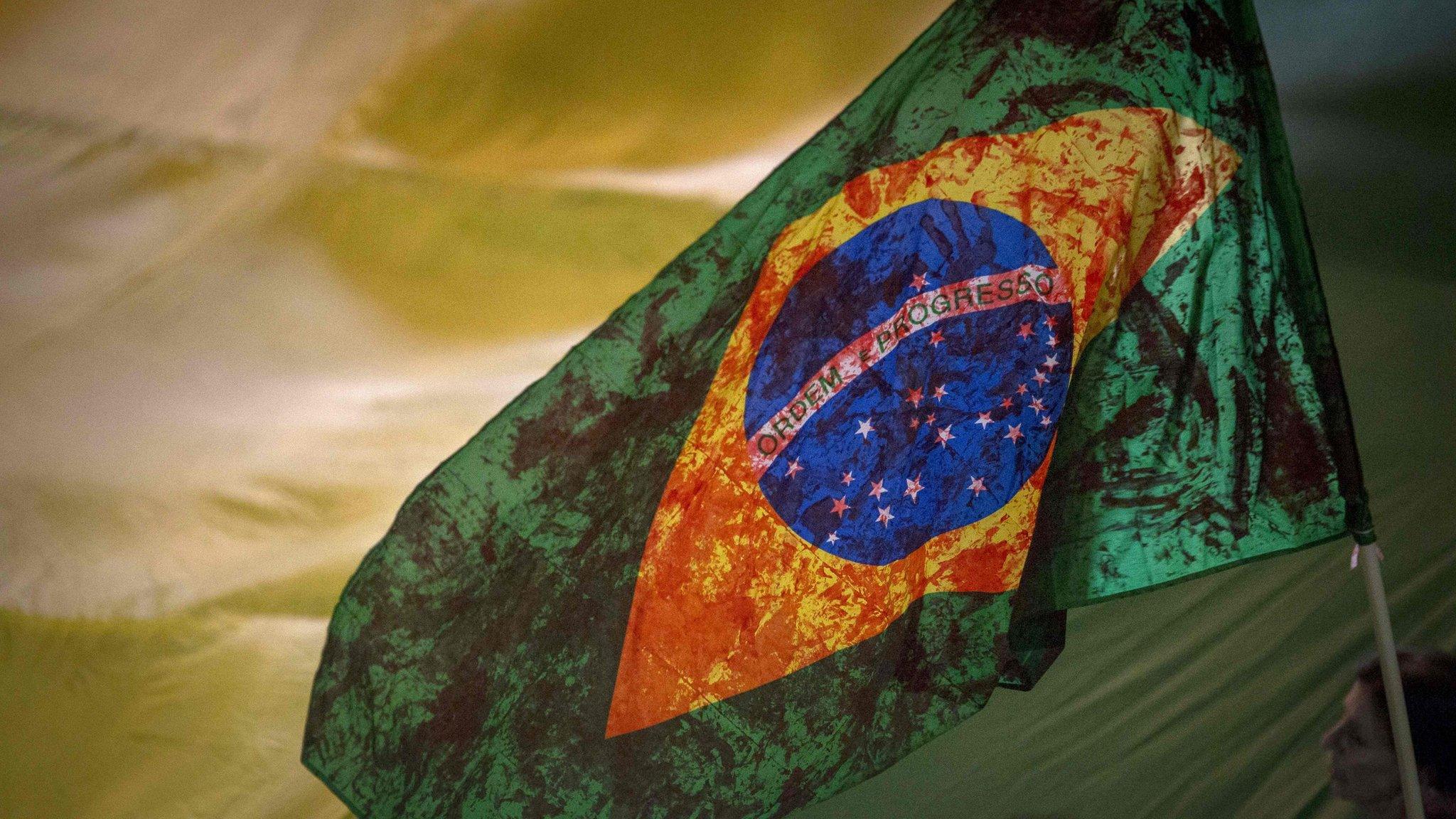
- Published11 May 2016
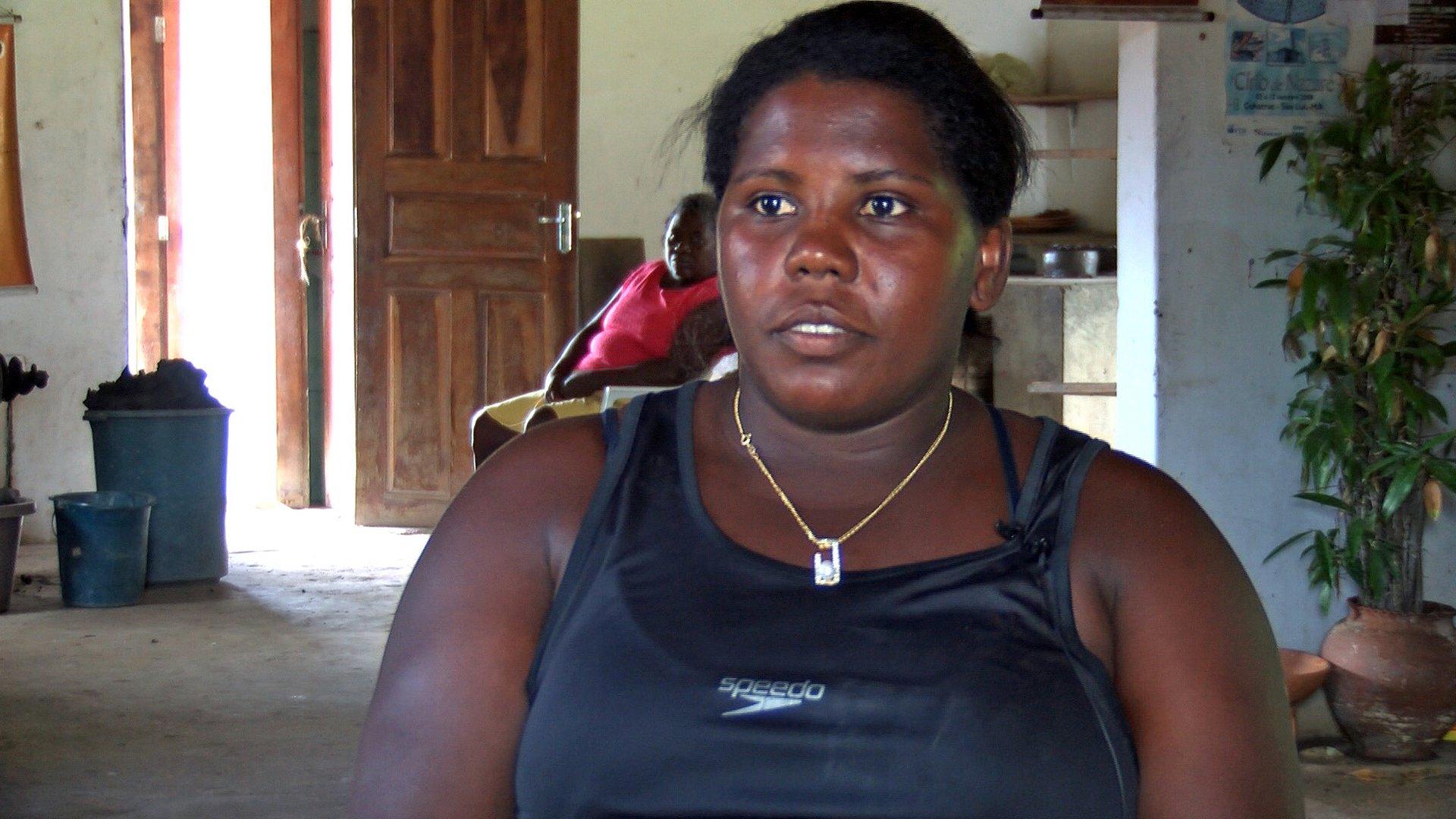
- Published12 May 2016
